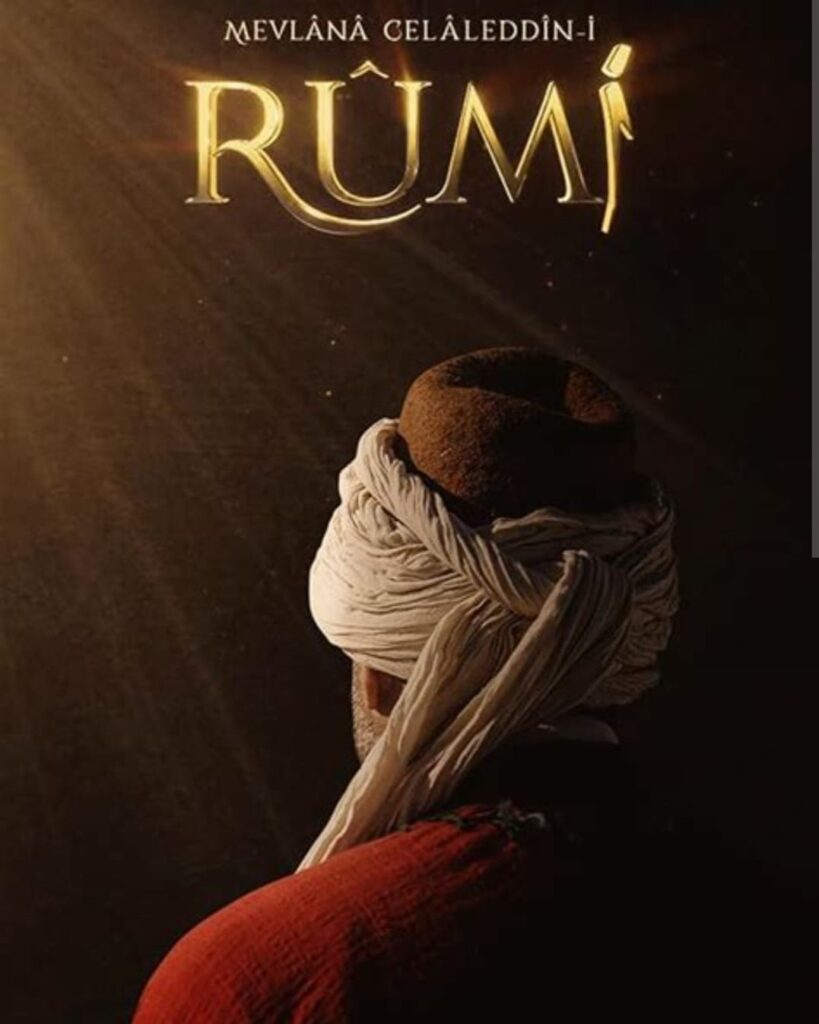Roman And Chinese Artists
Why are Human beings Superior to Angels?
Adapted From Fusus al Hikam: The Seal of
Divine Wisdom in the Word of Adam
Allah The Almighty has distributed his knowledge to his creation, from the inanimate creatures to the human beings, “the ultimate creation.” This state of knowledge determines the predisposition of His created beings. Through that knowledge, each creation has a certain disposition to obey Divine Commands and praise and worship Allah. Humans praise Allah differently than the angels and the rest of the creation. They know the Divine Names and Attributes. Angels did not understand Divine Names, so they did not realize the “form” of Ibadah (praise & worship) of human beings. They also do not possess the universality of the Adam. Allah is all knowledge, but angels are not.
In Fusus al Hikam, Ibn-Arabi explained, “When Allah – glory be to Him! – willed that the source of His most Beautiful Names – which are beyond enumeration – He willed they are seen in a microcosmic being (Insaan-i Kamil) which contained the entire matter endowed with existence, and through which His secret has been manifested. For a thing sees itself through itself is not the same as how it sees itself in something else acting as a mirror. So He manifests Himself to Himself in a form (Insaan-i Kamil) provided by the place (Qalb) where He is seen. He would not appear thus without the existence of this place and His manifestation (Tajjali) to Himself in it”. Learn more about Tajjali ….Click for Detail….
Hence, the divine names are the attributes or qualities reflected in man. No other creation is such a true mirror in reflecting these attributes as is Man. Ibn-Arabi has explained in Fusus al Hikam that knowledge is as distinct from life as life is different from knowledge. So we say: Allah has knowledge and life; He is the Living and the knowing. The reality of knowledge is one thing, and the reality of life is another, and their relationship to the knowing and the Living is the same. We say that the knowledge of Allah is in non-time, and man’s knowledge is in-time”. Therefore, seeking the ultimate knowledge is to travel from time to non-time. Allah communicates to us knowledge of Himself through contemplation of the in-time. He tells us that He shows us His signs in the in-time, so we conclude Him through ourselves.
“We will show them Our signs on the horizons and in themselves…”
(Qur’an 41:53)
What kept men back from belief when Guidance came to them was nothing but this: they said, “Has Allah sent a man (like us) to be (His) Messenger? Say, “If there were settled, on earth, angels walking about in peace and serenity, We should have sent them down from the heavens an angel for an apostle. Say: Enough is Allah for a witness between me and you, for He is well acquainted with His servants and sees (all things).
Ibn-Arabi has explained in Fusus al Hikam that Allah has described Himself as the “Outwardly Manifest” and the “Inwardly Hidden” (Qur’an: 57:3). He brought the universe into existence as a “Visible world” and an “Unseen world” so that we might know the Hidden by the Unseen and the Manifest by the Visible. He described Himself with pleasure and wrath, so He brought the world into existence as a place of fear and hope – “so we fear His wrath and hope for His pleasure. Allah described Himself with majesty and beauty, bringing the universe into existence with awe and intimacy. It is the same for all connected with Him; may He be exalted, and by which He calls Himself. He designates these attributes by the two hands (Qur’an 38:75, “What I created with My two hands”), which He held out in creating the Perfect Man. Man sums up all the realities of the universe and its individuals.

A window to Mathnavi Maulvi Ma’nvi
Translation and Commentary Seema Arif
Further Links for Rumi
We are numerous as individuals and species, yet we are based on a single reality that unites us. So, we certainly know that there are distinctions between individuals. If there were not, there would be no multiplicity in the One. Man is a microcosmic reality, ¦a unit of life, and not a complete whole in itself. Allah The Almighty sees the whole human race as ONE ¦as we see blood as one, though many platelets are running through it, we still see blood as one; similarly, other elements and compounds have many composition variations, but still, we view and witness them as ONE. That is why when He says
“Man,” it means the whole human race. “Ya Aayy-o-ha. An- Nas”.
Ibn-Arabi has explained in Fusus al Hikam that man has been called both a human being (insa’n) and khalif. His humanness comes from the universality of his organism and his ability to embrace all of the realities. Heumans’ relation to Allah is akin to the pupil being the instrument of vision, is to the eye. This is why he is called “insan”. It is by him that Allah beholds His creatures and has mercy on them.
So he is a human being, both in-time [in his body] and before-time [in his spirit], an eternal and after-time organism. “Insan” is the word that distinguishes and unifies. Human existence completed the universe. Hence, each human being is an ˜insan” and not “Kkalif.” To acquire this supra-status, humans must prove a better knowledge of Divine Law and a better disposition to incorporate Divine attributes.
Then He openly questions, “What prevented you prostrating to what I created with My two Hands?” (38:76)
That is the union in Adam of the two forms – the form of the universe and the form of the Real. Iblis is only a fragment of the universe and does not possess this comprehensive quality. According to a Hadith, “Allah created Adam on His form.” This khalifate is only valid for the Perfect Man, whose exterior form comes from the realities of the universe and its forms and whose inner form is based on His form. May He be exalted! For that reason, Allah has said of him, “I am his hearing and his sight.” According to hadith qudsi via Abu Hurayra (Sahih al-Bukhari, 81:38:2)
( Copyright 2024 ) Dr. Seema Arif All rights reserved.
All material on this page is Seema Arif’s original writing. Using it in any form of publication and print media without prior permission will be considered a violation of rights. When quoting research papers, proper referencing should be used.





